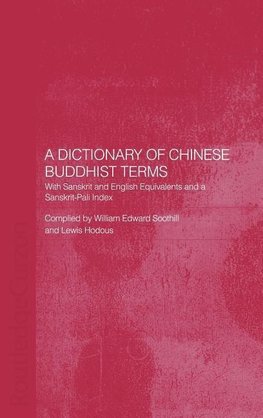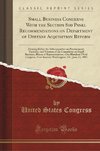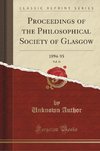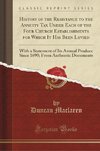
-
 Anglický jazyk
Anglický jazyk
A Dictionary of Chinese Buddhist Terms
Autor: Lewis Hodous
This invaluable interpretive tool, first published in 1937, is now available for the first time in a paperback edition specially aimed at students of Chinese Buddhism.
Those who have endeavored to read Chinese texts apart from the apprehension of a Sanskrit...
Viac o knihe
Na objednávku, dodanie 2-4 týždne
291.06 €
bežná cena: 323.40 €
O knihe
This invaluable interpretive tool, first published in 1937, is now available for the first time in a paperback edition specially aimed at students of Chinese Buddhism.
Those who have endeavored to read Chinese texts apart from the apprehension of a Sanskrit background have generally made a fallacious interpretation, for the Buddhist canon is basically translation, or analogous to translation. In consequence, a large number of terms existing are employed approximately to connote imported ideas, as the various Chinese translators understood those ideas. Various translators invented different terms; and, even when the same term was finally adopted, its connotation varied, sometimes widely, from the Chinese term of phrase as normally used by the Chinese.
For instance, klesa undoubtedly has a meaning in Sanskrit similar to that of, i.e. affliction, distress, trouble. In Buddhism affliction (or, as it may be understood from Chinese, the afflicters, distressers, troublers) means passions and illusions; and consequently fan-nao in Buddhist phraseology has acquired this technical connotation of the passions and illusions. Many terms of a similar character are noted in the body of this work. Consequent partly on this use of ordinary terms, even a well-educated Chinese without a knowledge of the technical equivalents finds himself unable to understand their implications.
- Vydavateľstvo: Routledge
- Rok vydania: 1995
- Formát: Hardback
- Rozmer: 240 x 161 mm
- Jazyk: Anglický jazyk
- ISBN: 9780700703555




 Nemecký jazyk
Nemecký jazyk 






